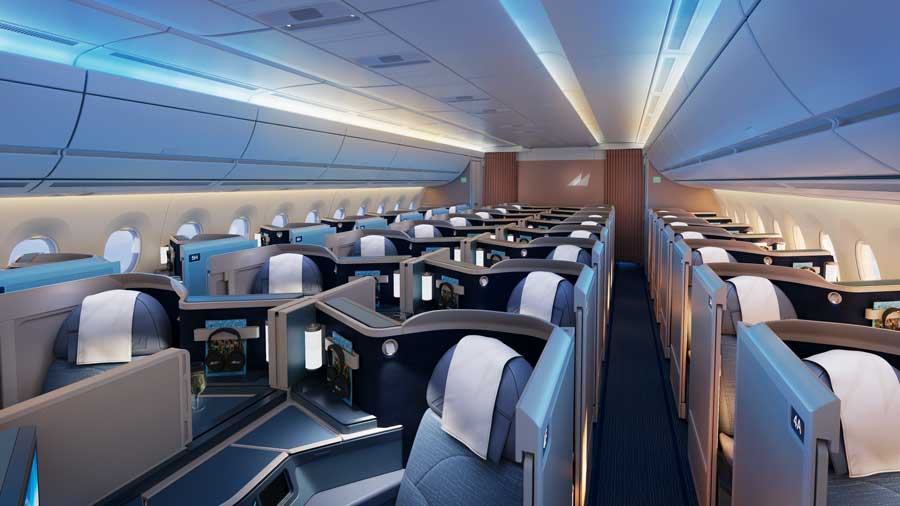
Philippine Airlines unveils Airbus A350-1000 cabin at Manila Villamor Air Base
The Lufthansa Group is advancing its efforts to reduce food waste by utilizing artificial intelligence (AI).
They introduced a “Tray Tracker” system in Frankfurt about a year ago to measure and reduce the amount of returned in-flight meals, and following its success, expanded its deployment to Munich. The Digital Catering Analytics team developed it in collaboration with group company zeroG. In the future, they plan to implement it at other locations and offer it to other companies.
Through “Tray Tracker,” returned meals on the dishwashing line are scanned to identify whether they were partially consumed, fully eaten, or left uneaten. This knowledge facilitates appropriate portion sizes and meal selections, helps prevent overloading to reduce overall weight, and ultimately contributes to reducing carbon dioxide emissions.
Additionally, they are working on a machine learning project called “Pendle” starting in 2024 to reduce food loss, using algorithms that analyze data points such as flight duration, routes, and past demand to optimize loading amounts. They aim to integrate the two projects collaboratively.